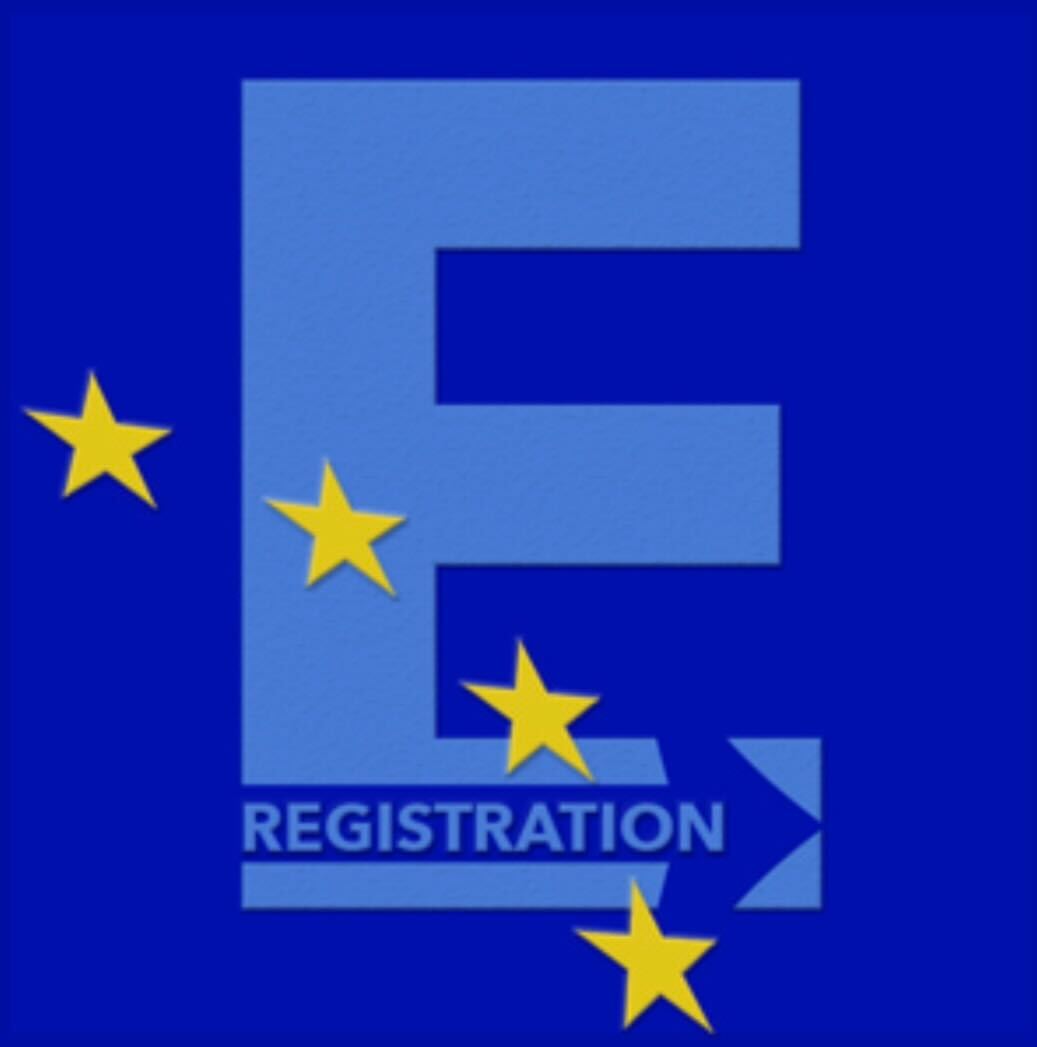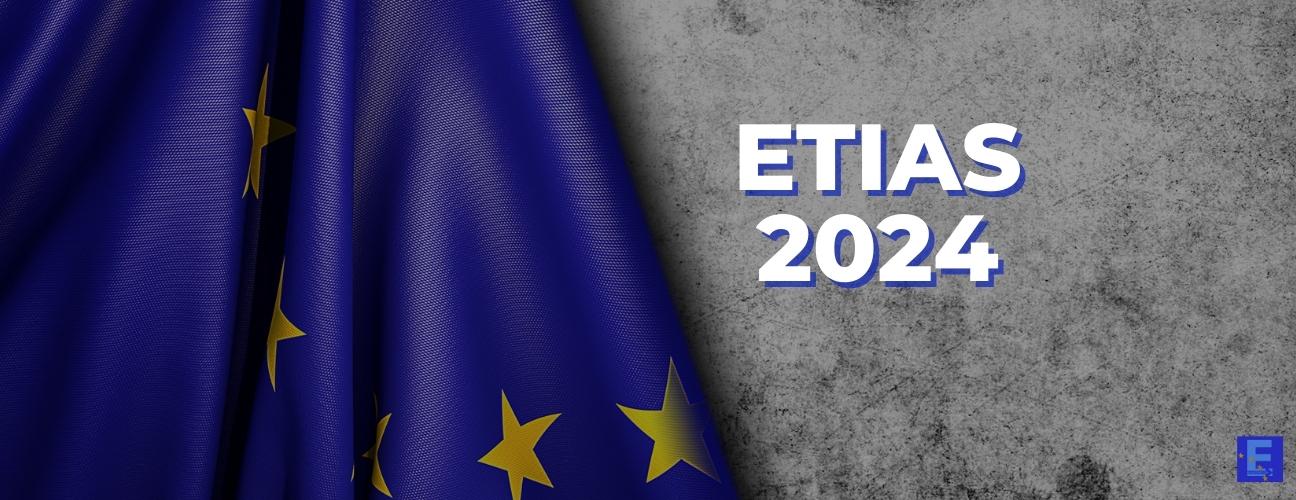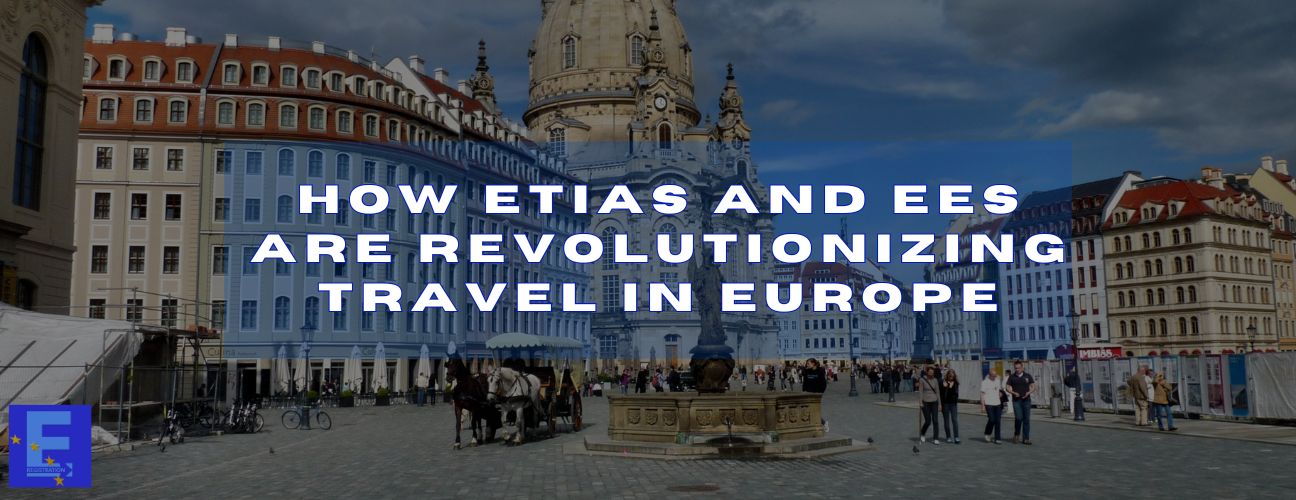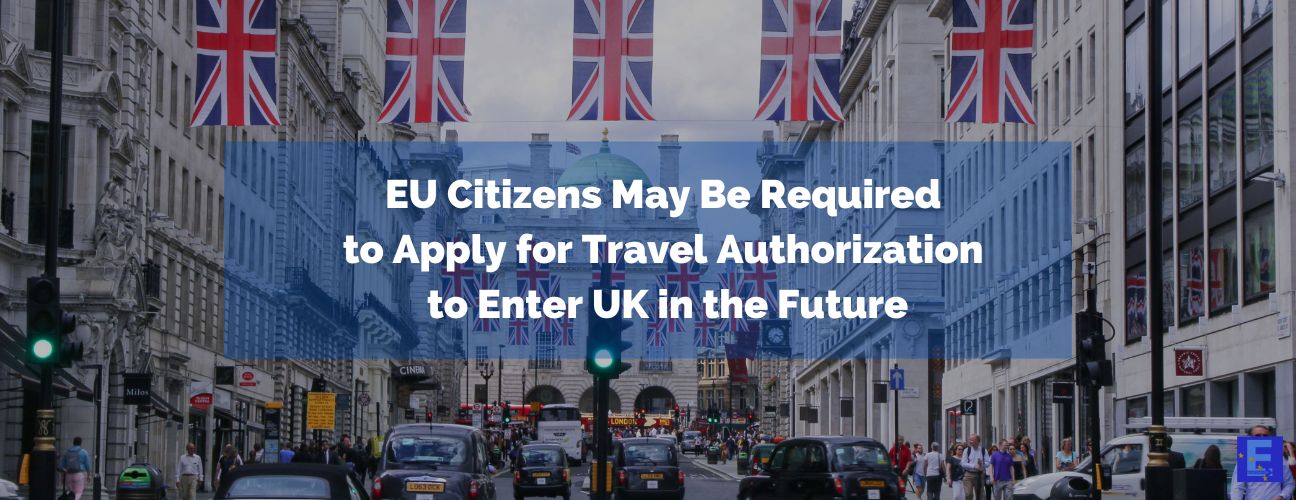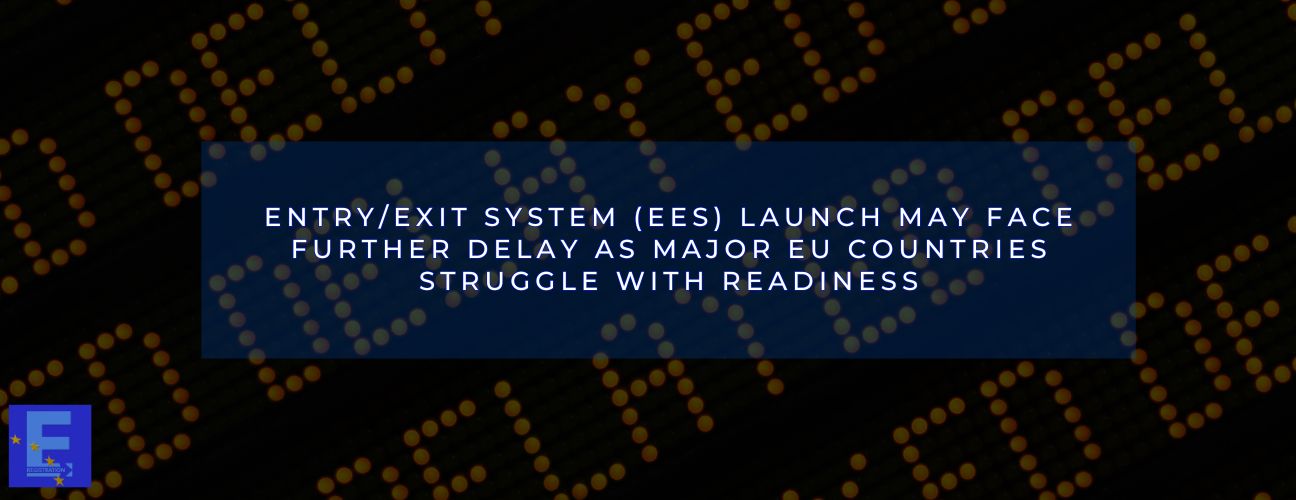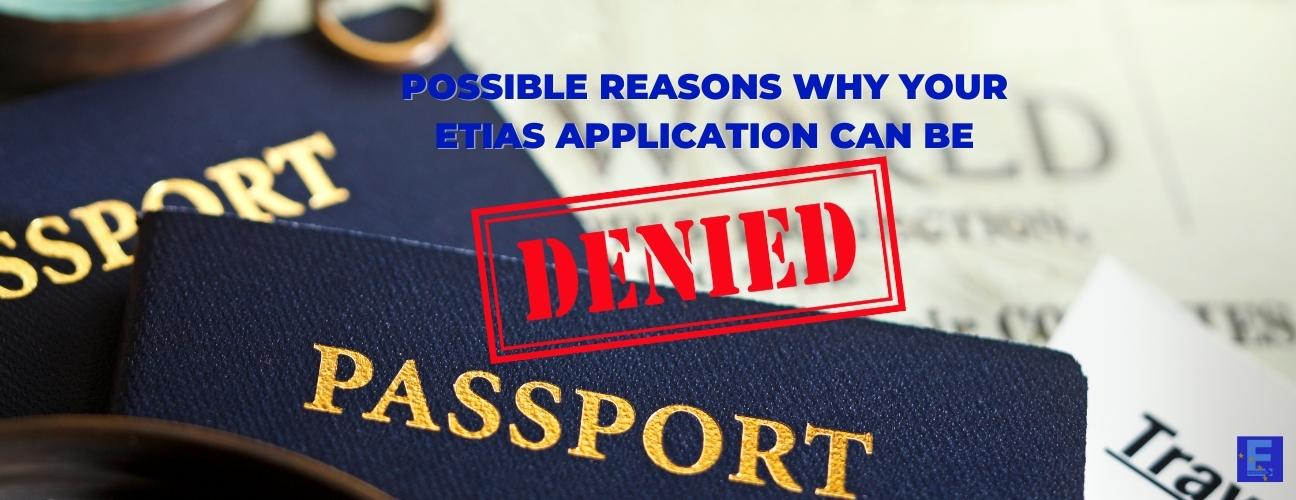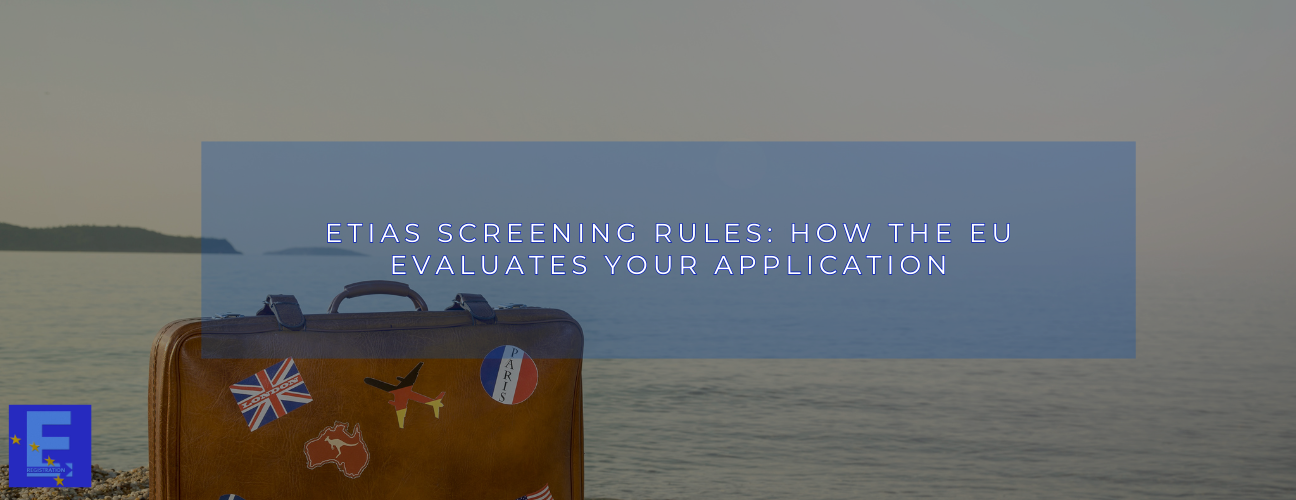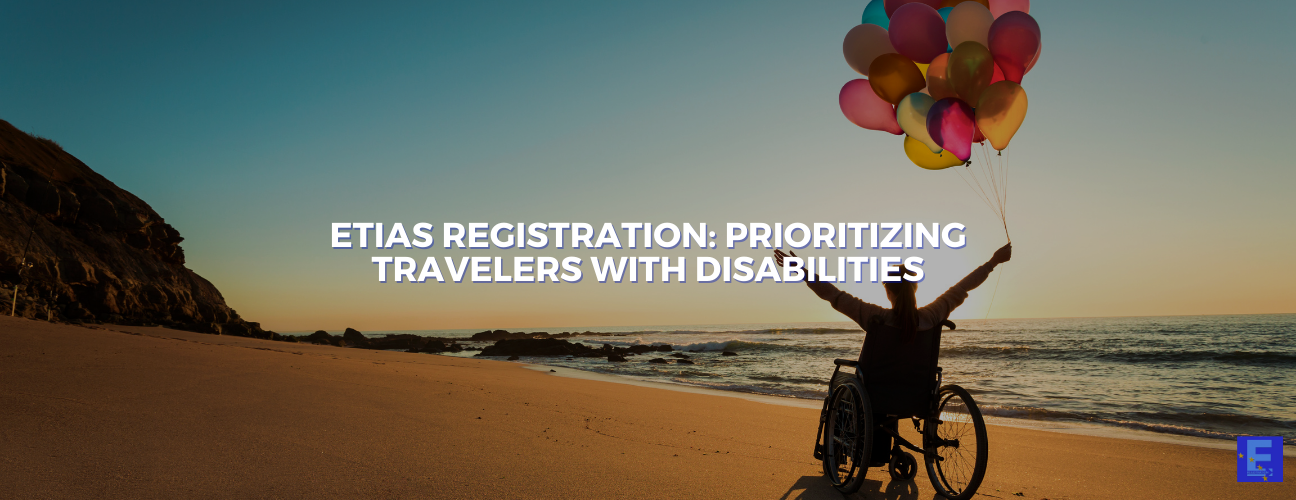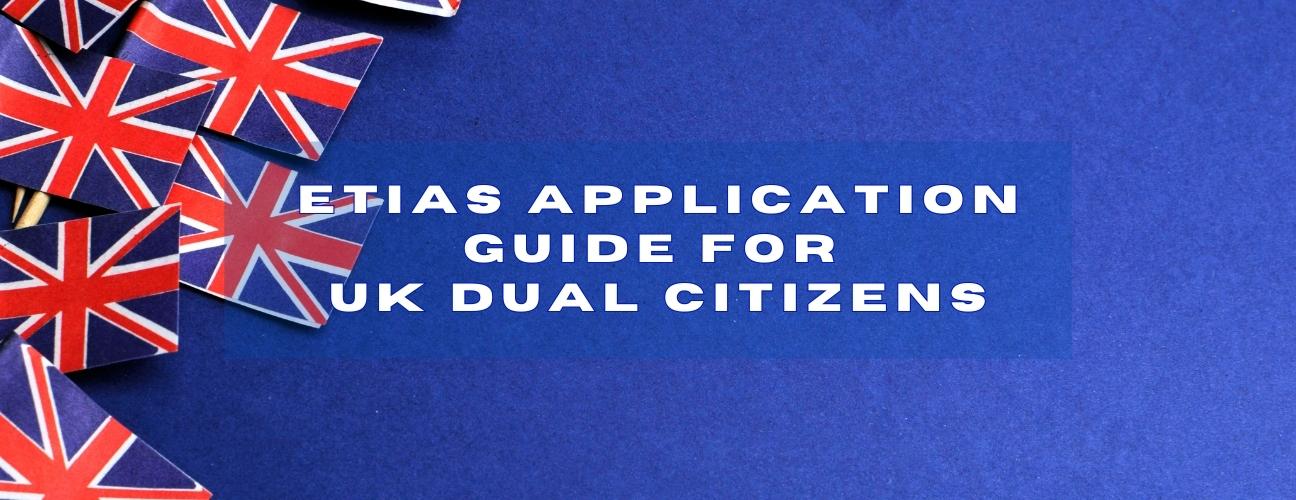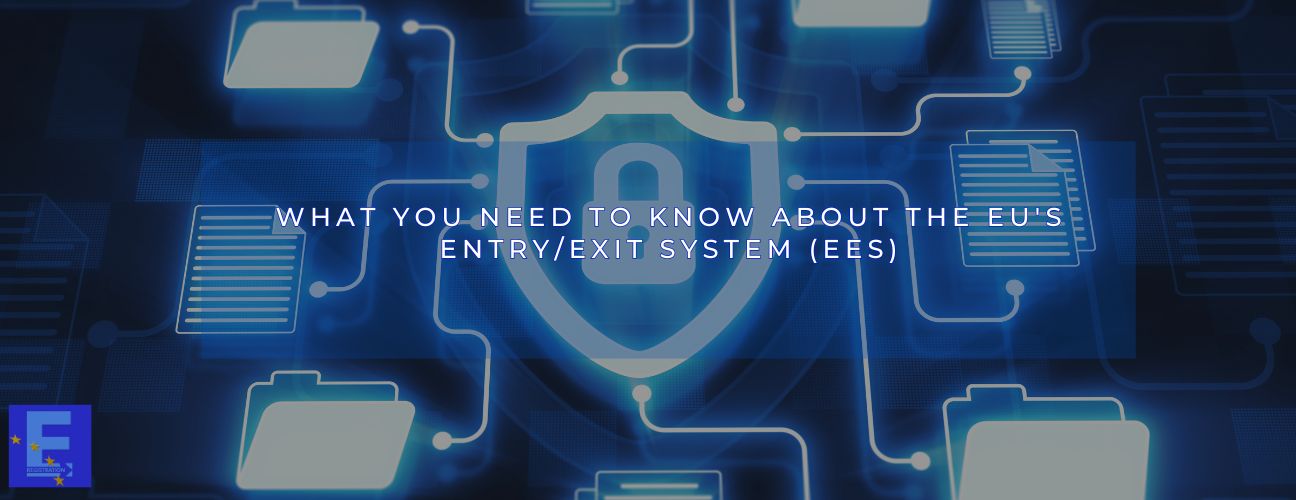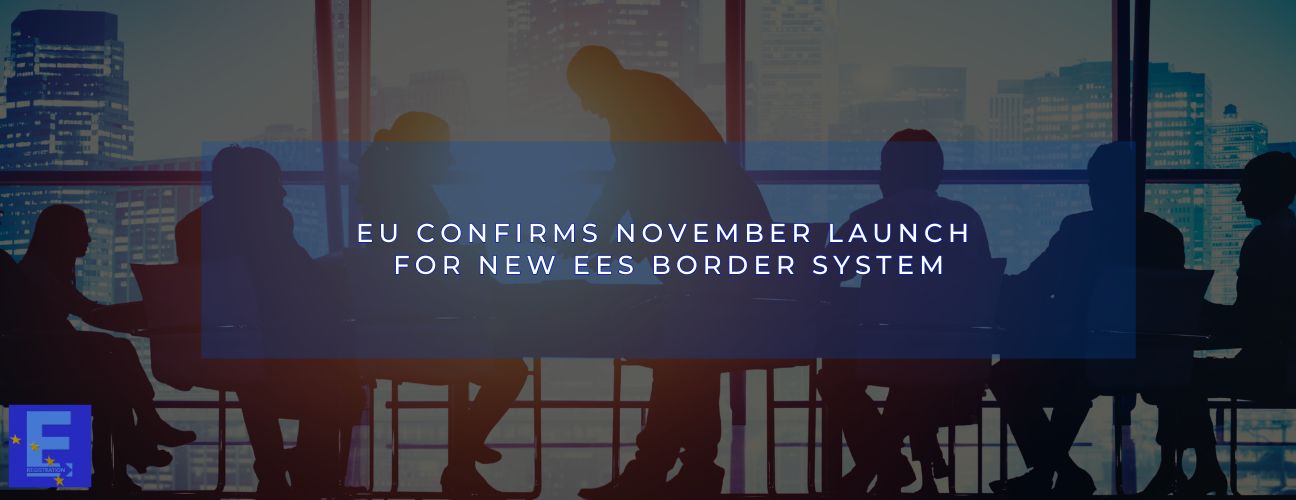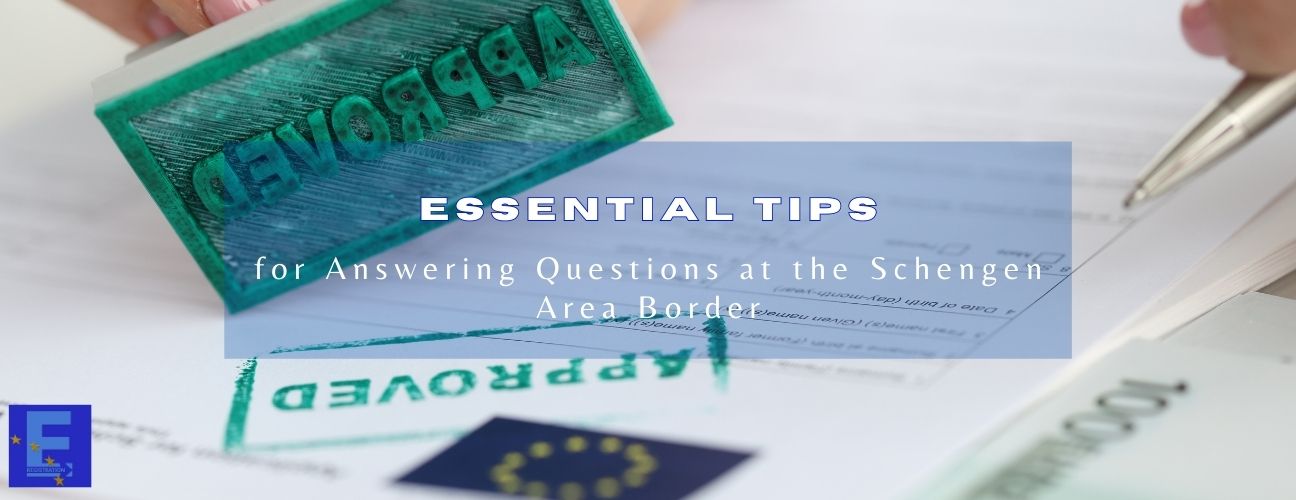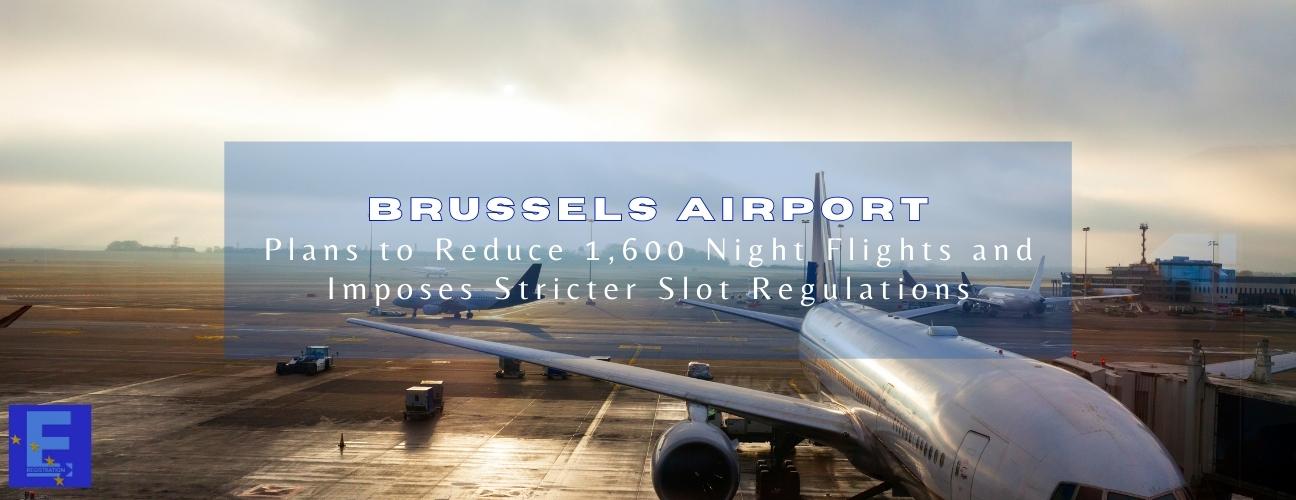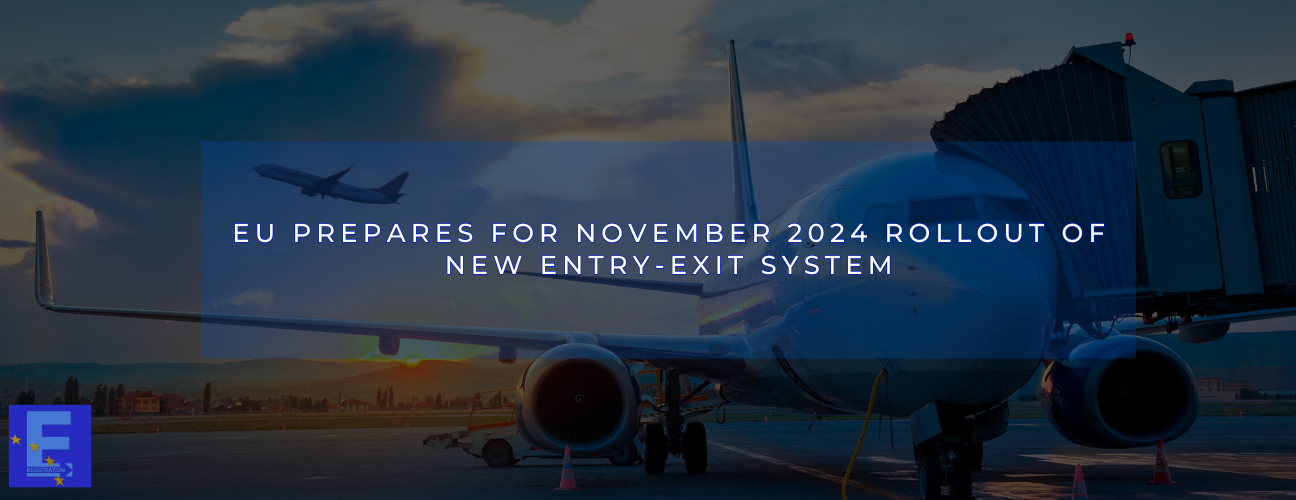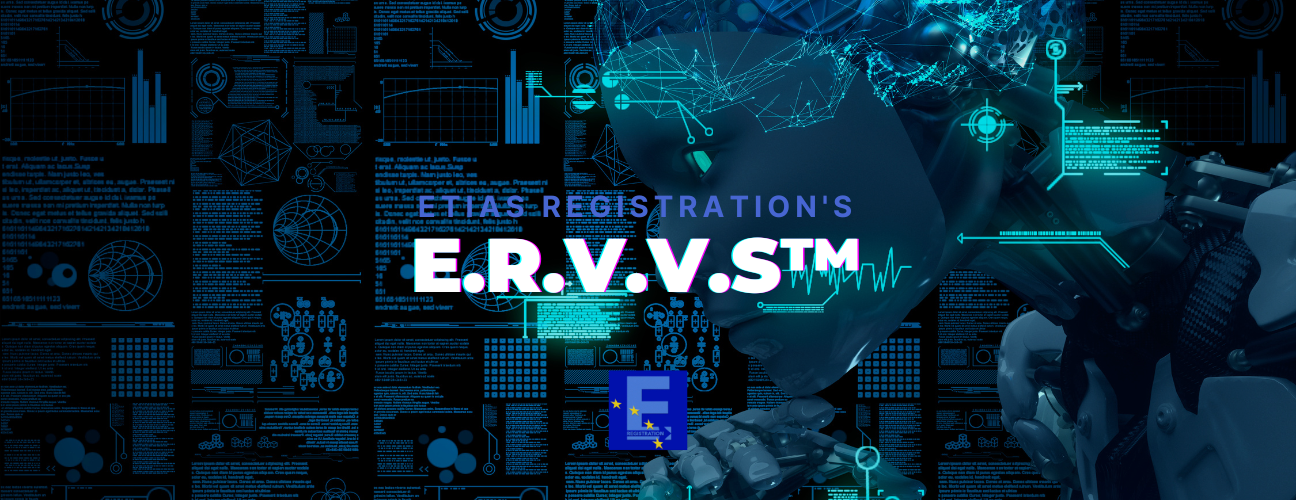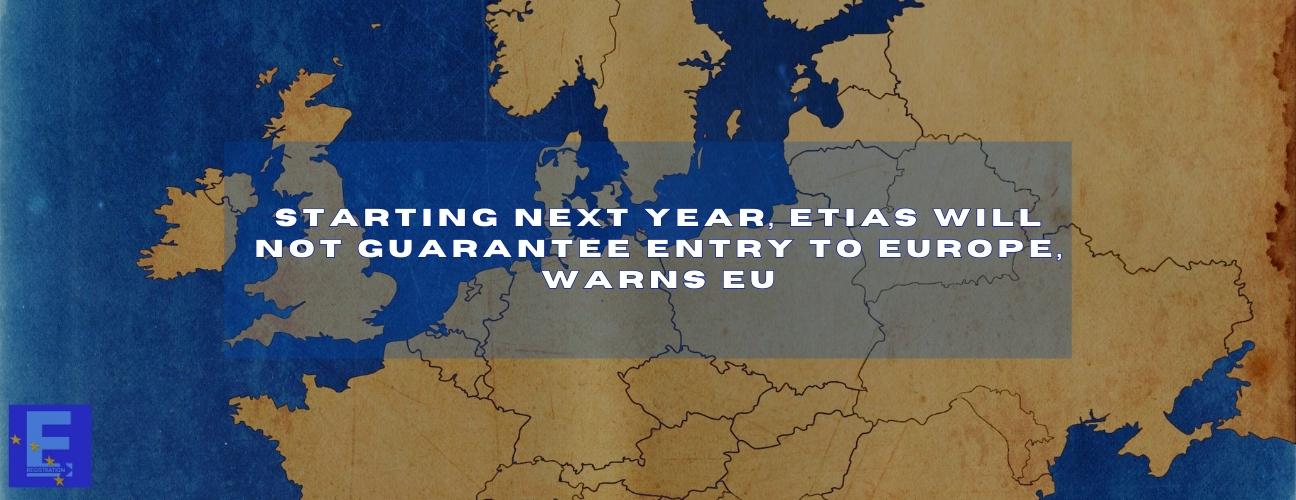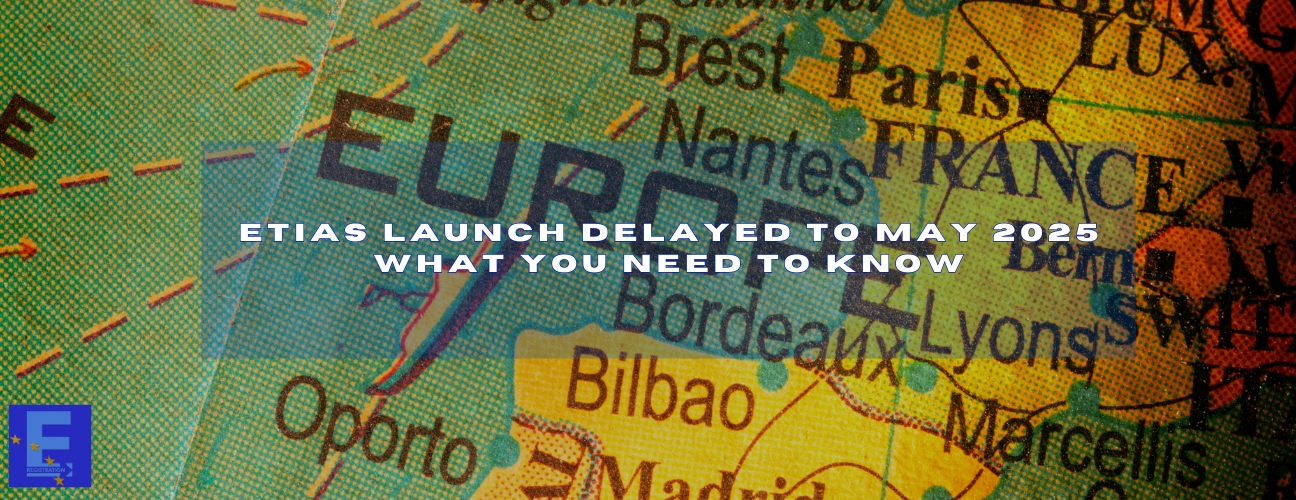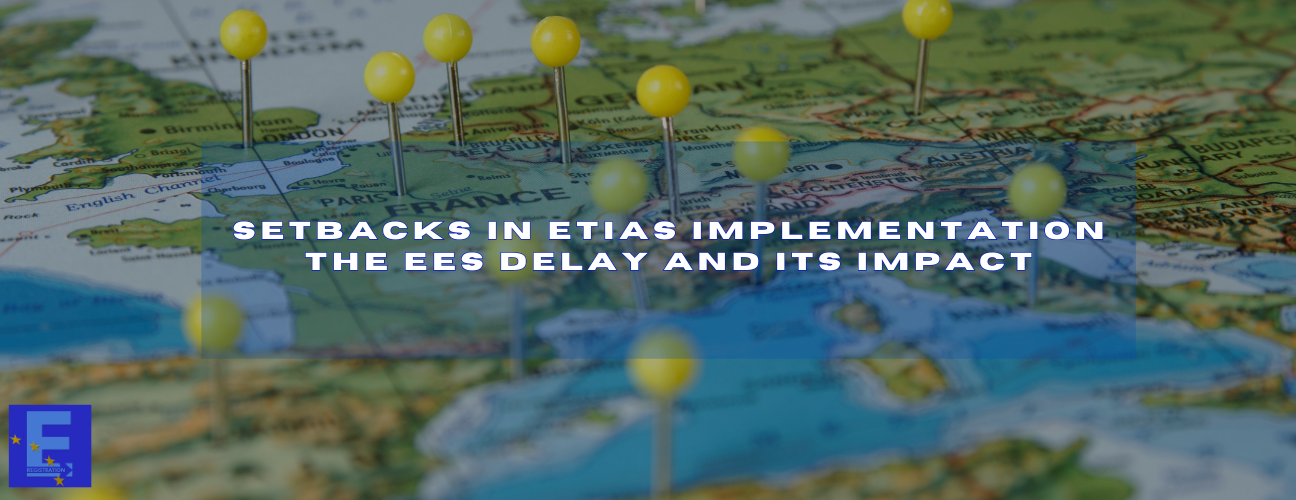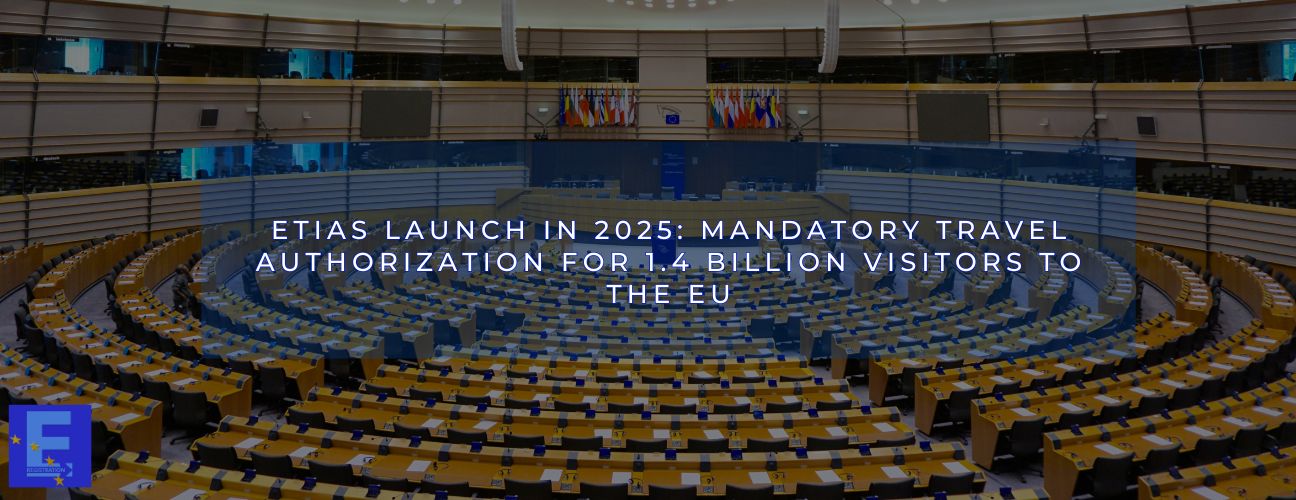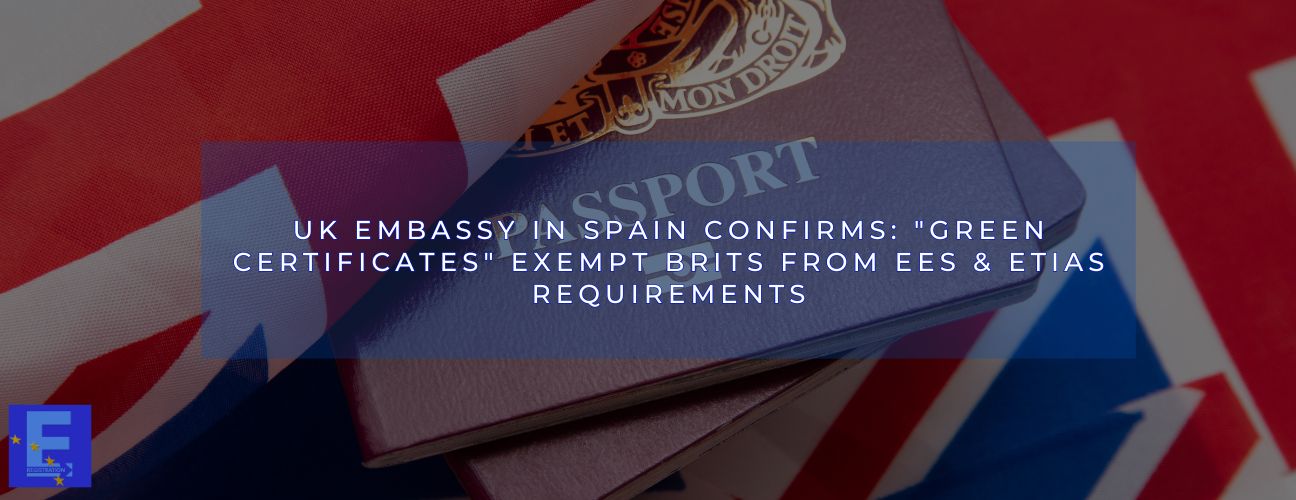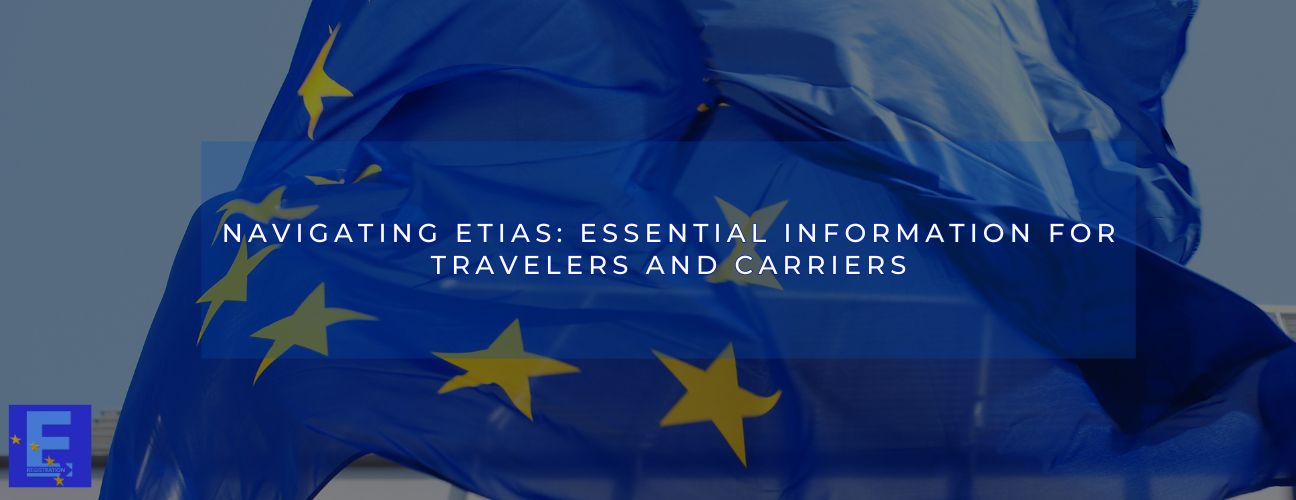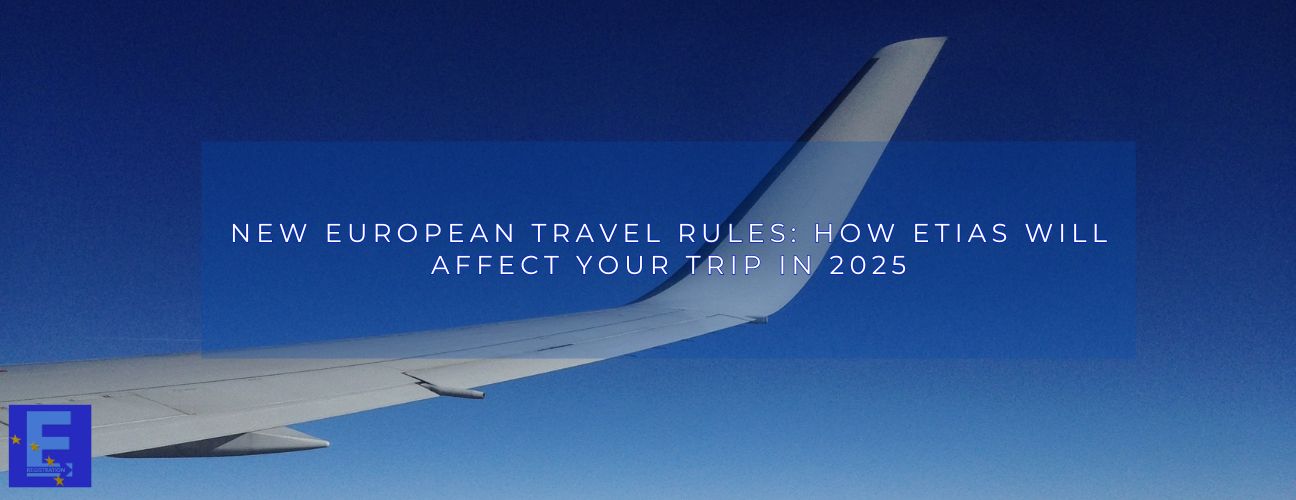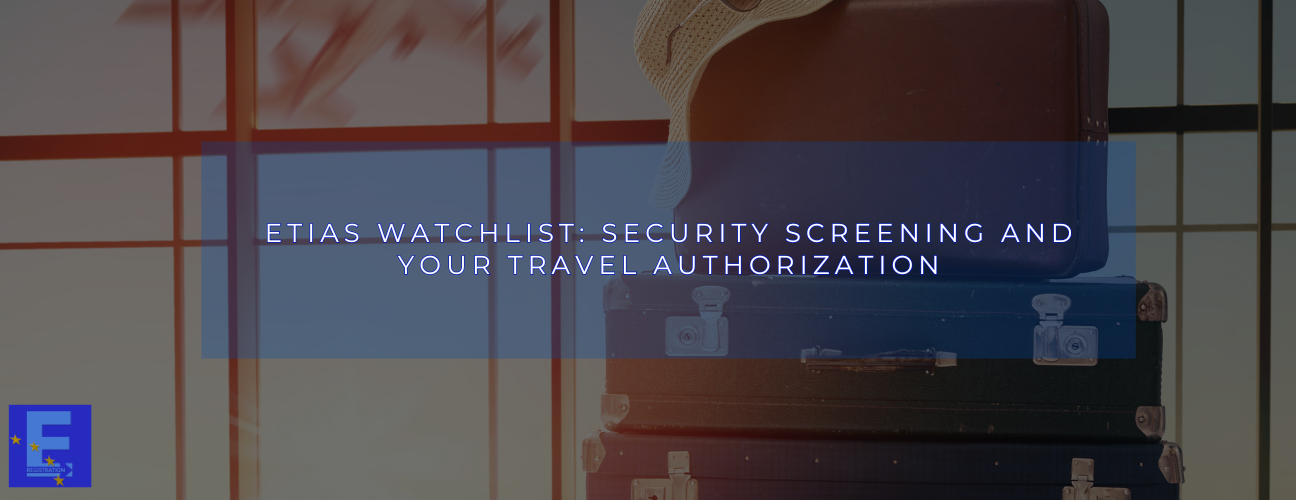In 2024, ETIAS the European Travel Information and Authorisation System—will be implemented and available for non-EU nationals who wish to travel to Europe and who do not need a visa. However, there are still some things you should know about this change so that you can plan accordingly and make sure your trip goes smoothly!
What is ETIAS?
The ETIAS is a new electronic visa waiver system that will go into effect in 2024. The system is designed to streamline the visa application process for travelers from countries that are not currently required to obtain a visa to enter the Schengen Area.
The ETIAS will be valid for travel to all 26 Schengen countries, and it will allow travelers to stay in the Schengen Area for up to 90 days within 180 days. Travelers will need to apply for an ETIAS at least 72 hours before their planned trip, and they will need to have a valid passport and credit or debit card when they apply.
Applicants will also need to provide personal information such as their name, date of birth, address, and email address when they apply.
How does ETIAS work?
The European Travel Information and Authorisation System (ETIAS) is a new system that will be introduced in 2024. It will require all citizens of countries that are visa-exempt for travel to the Schengen Area to obtain an ETIAS authorisation before travel.
With ETIAS in place, non-EU nationals will need to obtain an authorisation, which is similar to a visa but does not require them to visit a consulate or embassy.
Our company, ETIAS Registration, developed an AI-powered ETIAS Registration Verification and Validation System (E.R.V.V.S™). This system was developed to meet the needs of those with physical and mental disabilities, but it is also available to anybody who qualifies for ETIAS.
E.R.V.V.S™ helps ETIAS ensure that an application is verified and validated, that the information is entered into the correct fields, the document is accurate, and the user-imputed data is error-free.
When will it be fully active?
The ETIAS will go into effect in 2024. The EU has said that the goal of the ETIAS is to "strengthen security and border management" and to "facilitate legitimate travel." To do this, ETIAS will screen travelers before they enter the Schengen Area.
There are a few different ways that travelers can apply for ETIAS: online, through a mobile app, or at a designated ETIAS center. Applying for ETIAS is relatively simple and should only take a few minutes.
How to apply for an ETIAS Visa Waiver?
There are several options available to apply for an ETIAS visa waiver. However, if you want a fast and easy process, we recommend applying through our ETIAS Registration Verification and Validation System (E.R.V.V.S™) to apply for an ETIAS Visa Waiver. ETIAS Registration ensures that utilizing E.R.V.V.S™ will be a hassle-free process for applicants, and you will be directed through all the requirements you need to complete to be granted an ETIAS for travel to Europe.
ETIAS Registration Verification and Validation System (E.R.V.V.S™) is available to all applicants who want to apply for an ETIAS Visa Waiver. This system, on the other hand, is designed to help people with physical and mental disabilities.
The ETIAS Registration Verification Validation System (E.R.V.V.S™) will guarantee a smooth, quick registration process for everyone over the age of 18 and under 70 who needs an ETIAS, enabling a simple process for entrance into all European nations that require an ETIAS travel document as a standard.
Conclusion
The ETIAS will go into effect in 2024. The European Commission has said that it wants the system up and running by then. If you are planning on traveling to Europe and want to experience a hassle-free application for ETIAS, visit our website at www.etiasregistration.co.uk.
